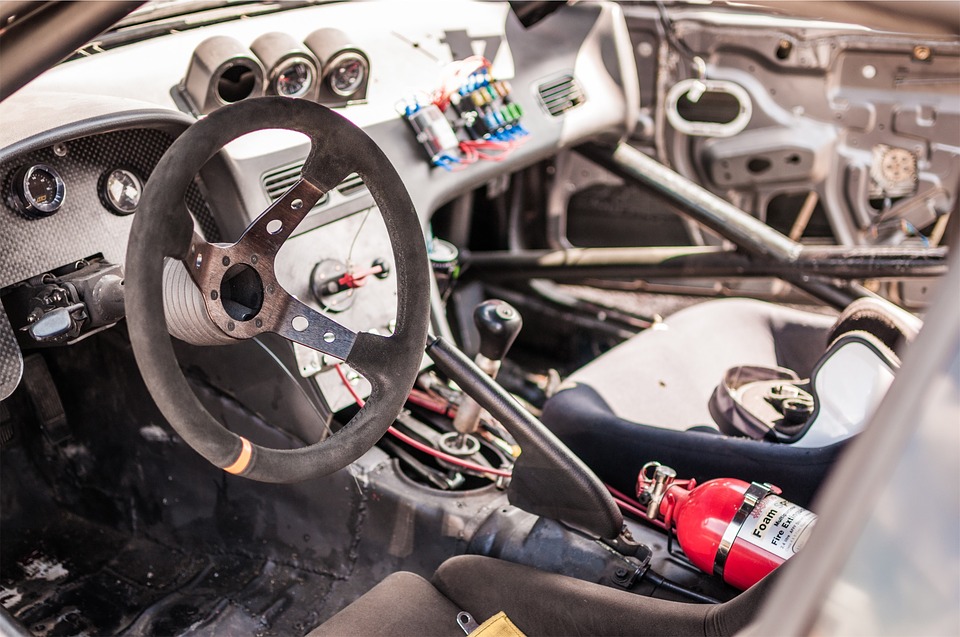Around the world, people are catching on to the fact they don’t have to accept exactly what the automakers give them when releasing their models. While we caution against anyone thinking about tweaking anything under the hood without the proper training – and even then we caution against those who think they know better than the world’s best engineers – there is a lot about a vehicle the owner can change and customize as they see fit. Whether it’s the interior upholstery, the exterior paint color, the wheels or the horn noise, car owners have a lot to play with if they wish.

It’s, therefore, no surprise to see an emergence of custom auto accessories manufacturers in India and other parts of the world. The demand is out there, so why not supply it? However, given the fact, only a statistical minority of the global population owns a car, and an even fewer number of them are in the market for custom accessories, how does a mom-and-pop headliner-maker or an artisan shift knob designer successfully stay in business?
The immediate answer is, of course, the internet. Sell your products online to individuals, and more importantly, use the internet to connect with auto parts and accessories supply shops around the world. That way, virtually anyone anywhere in the market for your type of product can become a customer almost instantly.
However, figuring out the marketing and sales side is only half the battle. The second and arguably far more important stage is making sure to ship the products as cost-effectively as possible. Product shipping will undoubtedly be one of the biggest pairs of teeth taking a bite out of the bottom line, so optimization is essential.
To this end, the first step for custom auto accessories makers is to find the right less-than-truckload shipping company for each region they plan to ship their products. For instance, companies with a presence in North America may look into AuptiX Pooling, which enables them to share the shipping costs with other companies sending their products to the same geographic area. The LTL model can be replicated in other parts of the world, wherever your products are sold.
The second phase of getting shipping costs under control is utilizing state-of-the-art software designed to help further reduce shipping costs. A prime example of this would be Shipware Krystal AI which detects overspending and calculates shipping options for more affordable alternatives. Such software enables small and medium sized auto accessories manufacturers to keep abreast of the latest developments in carrier schedules, costs, and calculations to devise on-the-spot ideal shipping choices.
Much of this may seem like the sort of thing a person can research themselves, but the question isn’t whether or not a human can do it, it’s whether or not he can do it with as much speed and accuracy as the latest software. As Business Insider points out, Krystal AI is the product of over 200 years of combined insider carrier pricing data. In other words, it has about five times the jump on the average informed person in terms of knowledge-based decision making.
So, while a custom auto accessories shop may have enough downtime to allow for an employee to analyze the current shipping situation, they can make better use of their time by opting for software instead. For instance, a company manufacturing high-end floor mats and seat covers can focus on new designs and upgrading equipment to process orders faster if they decide to invest in software to manage most of their shipping for them.
What were once markets difficult to tap into for small businesses have turned into opportunities for success thanks to the internet? The growth of small-scale auto accessories manufacturers is a testament to this truth. However, simply having the market isn’t enough; you have to be able to cost-effectively reach it.
